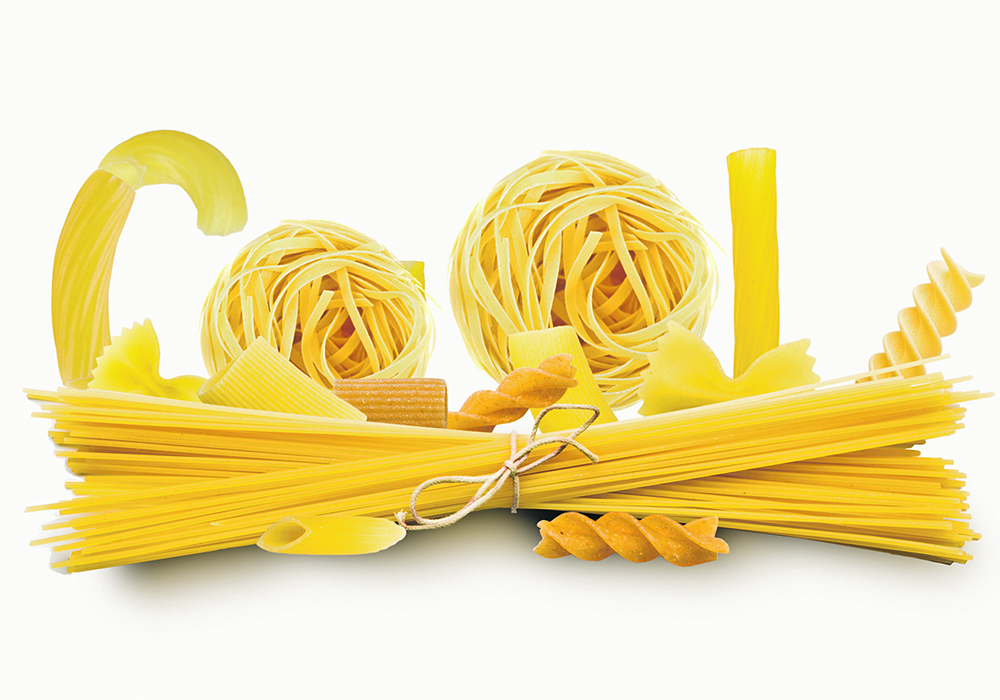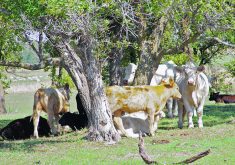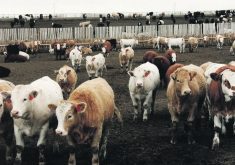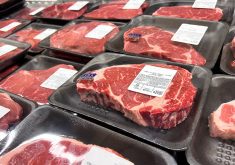Canadian farmers were upset when Italy introduced mandatory country-of-origin labelling laws for durum in pasta in 2017, and now the entire European Union appears to be heading in the same direction.
The European Commission plans to roll out mandatory COOL as part of a broader food labelling initiative associated with its Field-to-Fork strategy. Consultations on the proposed regulation ended on March 7.
“Although origin labelling is already compulsory for certain food products, there is a growing demand from consumers to know the origin of their foods and to extend this mandatory origin indication to other categories of food,” the commission stated in a recent impact assessment.
Read Also
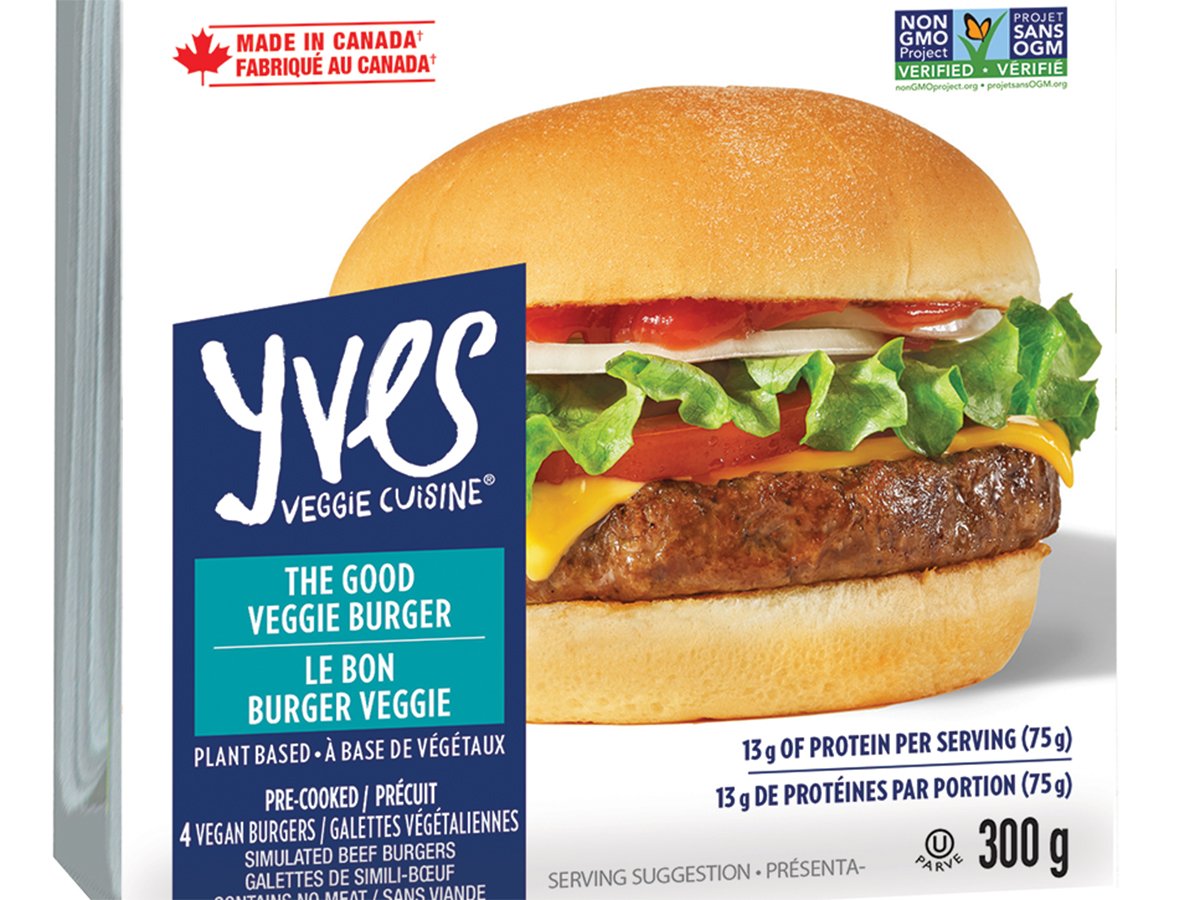
Plant-based ‘meat’ faces turning point
The U.S. firm that owns the Yves brand told CBC News that the “meat free” category has been in decline for several years, so the company made the difficult choice to pull Yves Veggie Cuisine products.
Mandatory COOL already exists in the EU for honey, fruit and vegetables, fish, beef and beef products, unprocessed meat from pigs, sheep, goats and poultry, olive oil, wine, eggs and spirits.
The proposal is to extend it to include milk and milk used as an ingredient, meat used as an ingredient, rabbit and game meat, rice, durum used in pasta, potatoes and tomatoes used in certain tomato products. That isn’t sitting well with Jim Wickett, director of the Western Canadian Wheat Growers Association.
“It’s an expansion of the non-tariff trade barriers,” he said. “They’re hiding behind that.”
Wickett said it’s ironic that the EU is debating this policy at a time when buyers around the world are dealing with a potentially severe supply disruption caused by the war in Ukraine.
“There (are) all these calls for Canada to backfill the wheat. Nobody is talking about country of origin,” he said. “A lot of these green policies like Field-to-Fork are being exposed right now.”
The commission noted that in the absence of EU-wide rules, some countries have enacted their own mandatory COOL legislation.
That is creating inequity in consumer access to information across the EU and undermining the single market.
Italy is one country forging its own path. It brought in COOL requirements for durum in pasta in July 2017, shortly after the signing of the Canada-European Union Comprehensive Economic and Trade Agreement (CETA).
Daniel Ramage, director of market access and trade policy with Cereals Canada, said that policy has had an impact on trade with what was once Canada’s largest durum buyer.
“MCOOL is a protectionist tool used to catalyze misinformation campaigns against imports and it adversely impacts supply chain integration,” he said in an email.
Canadian durum sales to Italy plummeted to 561,285 tonnes in 2017 from 1.07 million tonnes in 2016. Sales have since rebounded to 839,024 million tonnes in 2021.
The Canadian Agri-Food Trade Alliance issued a statement in 2021 urging Canadian and EU leaders to ensure CETA is properly implemented.
“After three and a half years of provisional implementation, we remain concerned that agri-food sectors are unable to tap into the opportunities CETA was supposed to create due to the persistence of non-tariff barriers that continue to block market access,” said CAFTA.
The statement made specific reference to Italy’s COOL measures regarding durum in pasta.
“(It) is punishing Canadian exports, runs completely counter to CETA, and is even against EU law, yet nothing has been done to resolve this blatant trade violation,” said CAFTA.
Cereals Canada is concerned about what will happen if the EU follows Italy’s lead in establishing mandatory labelling on pasta packages identifying where the durum comes from. It is pushing instead for a voluntary approach to country-of-origin labelling.
Italy was Canada’s second-biggest durum customer in 2021 behind Algeria. But it isn’t the only important buyer in the EU. Belgium was Canada’s fifth-largest customer that year.
Ironically, the government of Italy recently issued a statement encouraging purchases of Canadian durum.
Millers are low on supplies due to poor crops in North America and there is speculation that rising protectionism in Europe has them spooked.
High wheat prices have caused Moldova, Hungary, Serbia, Turkey and Egypt to implement export bans on the commodity.
Russia has also banned shipments to Eurasian Economic Union states, while Ukraine has introduced a requirement for export licences, according to United States Wheat Associates.
The commission’s COOL proposal can also be viewed as a protectionist measure. The commission believes that extending it will influence consumer purchasing behaviour.
“It might have an impact on intra-EU trade and lead to an increased sale of food products at a regional level,” said the commission.
It believes extending COOL would have a positive impact on the environment by favouring regional and local shopping over imported food.




